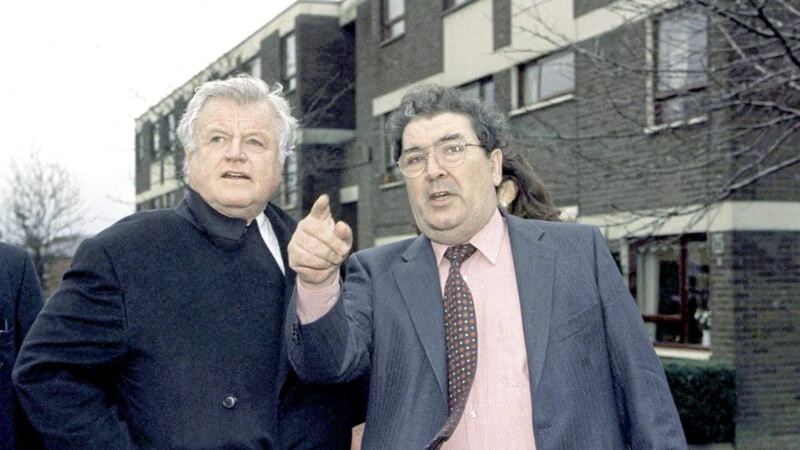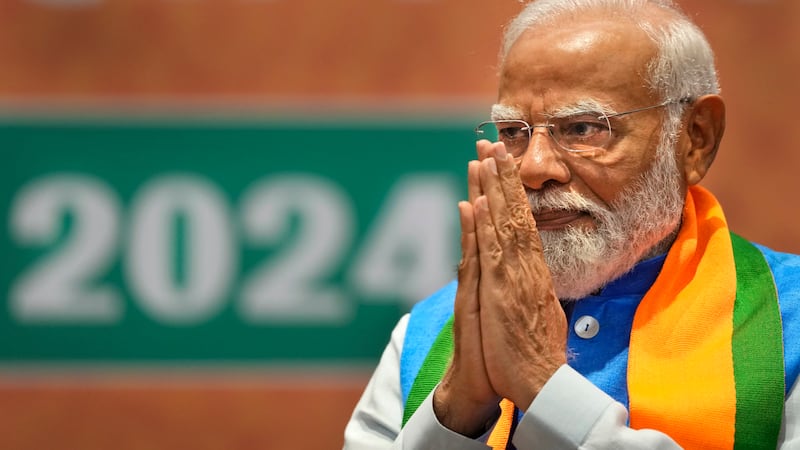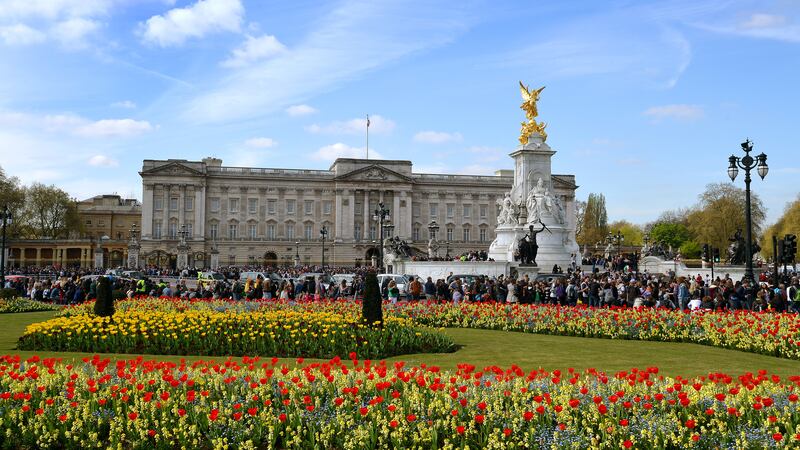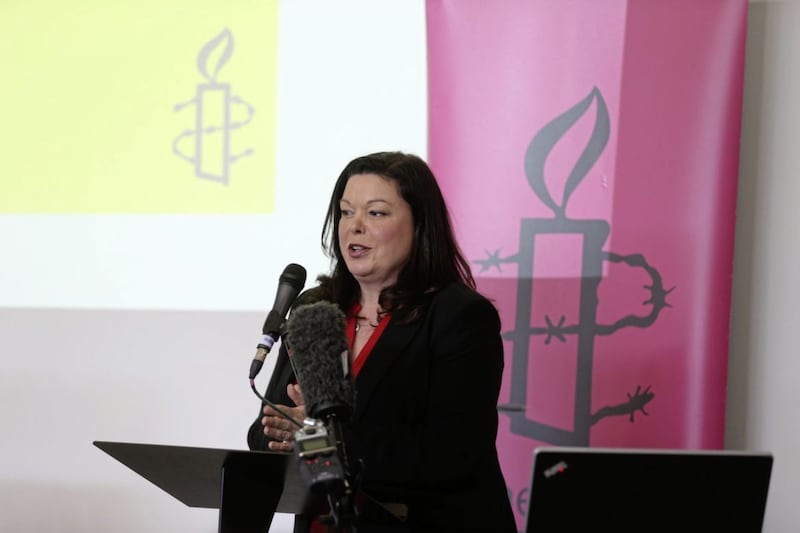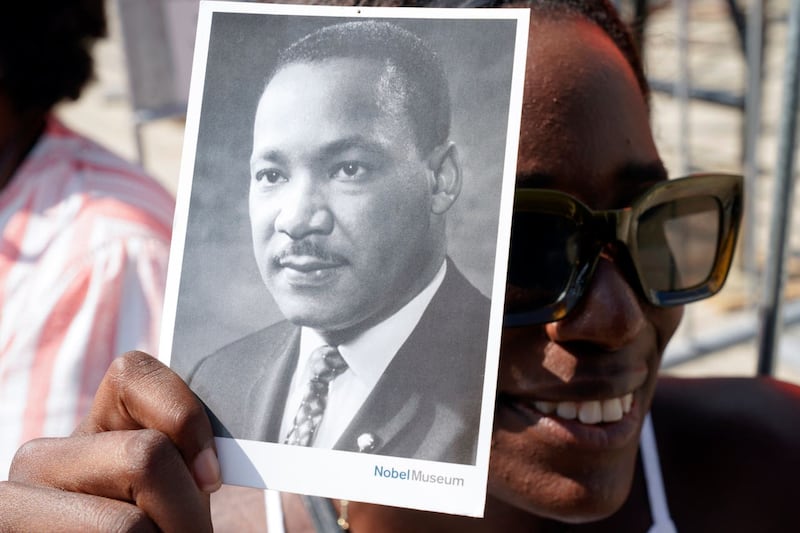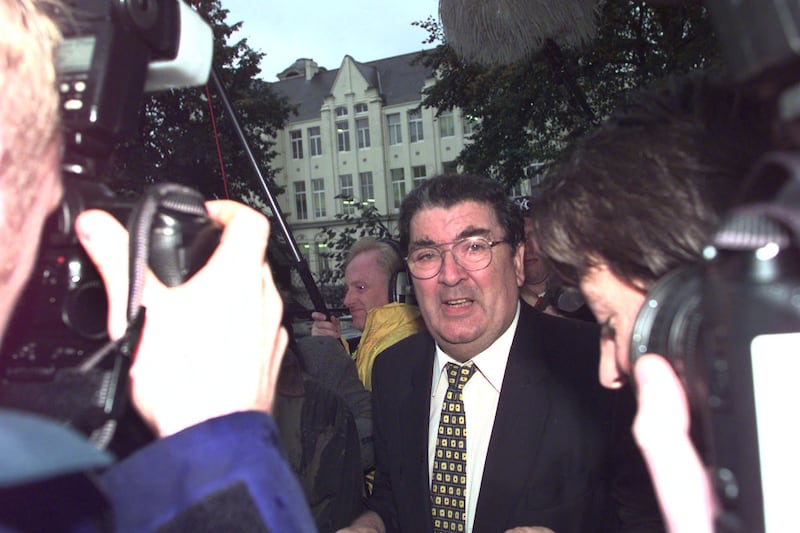JOHN Hume was a powerful voice for peace who had the code to unlock the gateway to a political process to end a terrible conflict thus saving thousands of lives in the north of Ireland.
I first got to know Hume in the seventies when I was a young journalist in Belfast and then reconnected with him in the early eighties as Political Correspondent for the Irish News.
Hume was a man of many moods and always interesting to interview and talk to as a journalist, and as a person both professionally and privately.
Despite his reputation for what became known as `Hume speak' and sticking rigidly to his plan in mind, he was also a listener.
Sometimes during a late night dinner with him in diverse places such as Strasbourg he would suddenly ask ...`well, what do you think.'
Undoubtedly John Hume today can be viewed as an architect of the peace process. A Derry man who became one of the most influential figures in Irish political history.
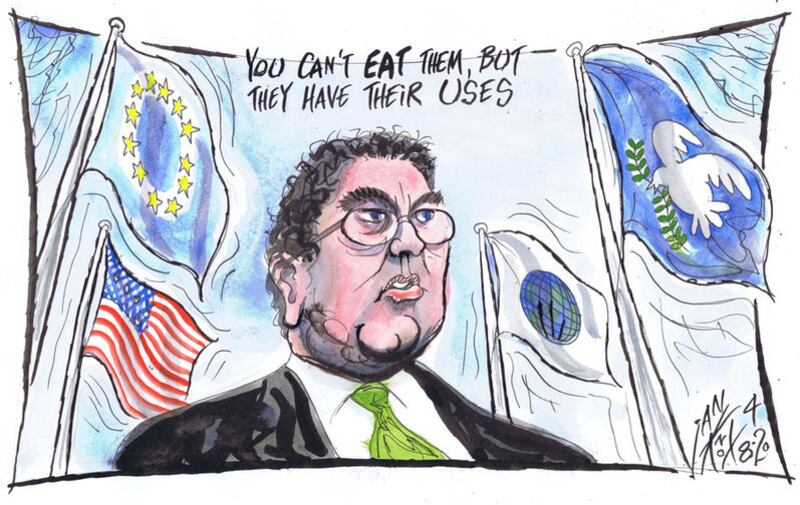
Vision is the art of seeing the invisible (Jonathan Swift) and Hume looked inside the puzzle that was and is Northern Ireland stretching right back to the civil rights days in his beloved home city. It is a place he loved so well and often sang that song.
It was his meetings - encouraged by Fr Alec Reid and others - with Sinn Féin president Gerry Adams which eventually led to the Downing Street Declaration, the ceasefires, engagements with unionists, and ultimately the Good Friday agreement.
Hume had been on the pathway to peace of course for a very long time including travelling to the United States to make contacts and friends decades ago. Then many years later came the influence of Irish America and President Bill Clinton's hand in peacemaking history here.
All along the way he had influence in British and Irish government circles and a close working relationship particularly at the diplomatic level east/west. This was the painstaking groundwork that he set his hand to.
Hume was a very strong supporter of the European Union and it must have grieved him greatly when the Brexit vote happened and the UK prepared for departure.
A fluent French speaker he was really more at home in the European Parliament than in the Westminster Parliament.
John loved Europe and had a classic knowledge of good French food and wine. There were many political discussions with diplomats and journalists in the Strasbourg restaurants.
He had a sometimes uneasy relationship with the press and was at times not too fond of some elements of the southern Irish media. I recall one night that he invited them to dinner and most of them did not turn up leading to an empty table. He joked that they were `partitionists.'
John never had trouble getting a taxi outside the European Parliament as he sometimes brought the drivers presents at Christmas of sides of smoked salmon from Derry/Donegal.
He was colourful. I remember once outside political talks we journalists were discussing his single transferable speech. It was the Hume mantra.
The speech goes back to his time as a school teacher and mentions equality, reconciliation and reunification.
Hume must have read our minds as he walked up to the cameras and asked ...``do you want it.''
We asked `what'? He laughed and said ``the single transferable speech.''
Read more: Hume-Adams talks laid the foundations of the peace process
